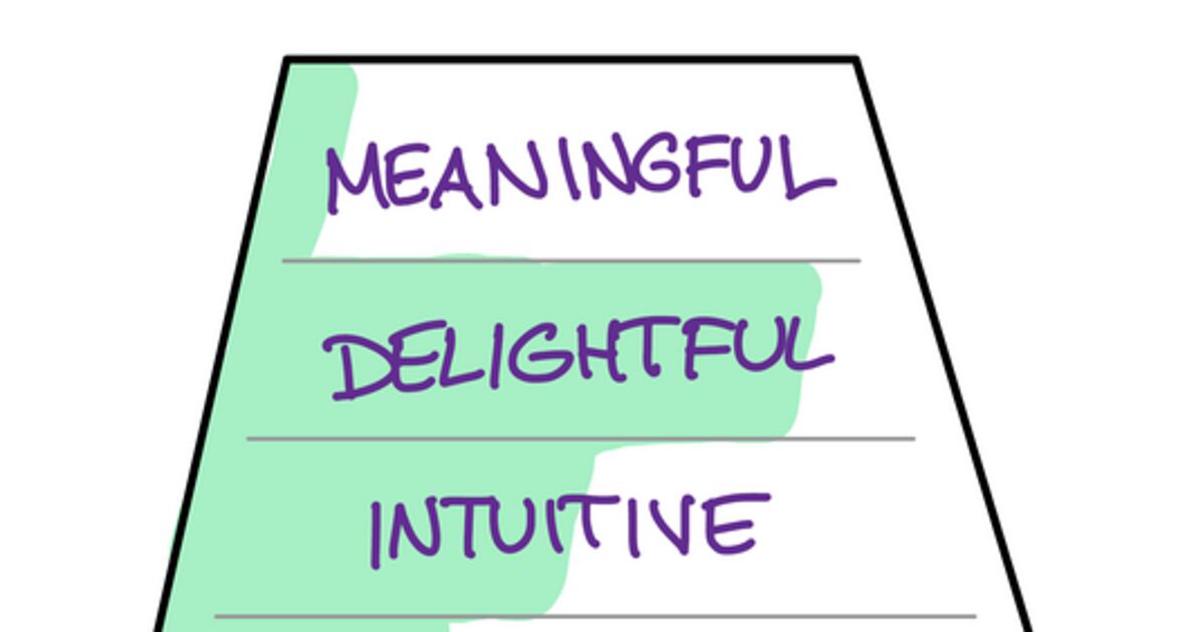A Smart Bear: On Validation
-
 Your customers hate MVPs. Make a SLC instead.“MVP” implies a selfish process, abusing customers so you can “learn”. Instead, make the first version SLC: Simple, Lovable, and Complete". —August 2017 | 2,200 words.
Your customers hate MVPs. Make a SLC instead.“MVP” implies a selfish process, abusing customers so you can “learn”. Instead, make the first version SLC: Simple, Lovable, and Complete". —August 2017 | 2,200 words. -
 The Iterative-Hypothesis customer development methodA simple but effective system, used to vet what is now a Unicorn, for generating insights about how your potential customers think, what they need, and what they’ll buy. —September 2022 | 4,300 words.
The Iterative-Hypothesis customer development methodA simple but effective system, used to vet what is now a Unicorn, for generating insights about how your potential customers think, what they need, and what they’ll buy. —September 2022 | 4,300 words. -
 “I scratched my own itch” isn’t good enoughThis isn’t the humble-brag you think it is; The most common origin story is also common to startups that fail. But it’s a start. —March 2025 | 1,800 words.
“I scratched my own itch” isn’t good enoughThis isn’t the humble-brag you think it is; The most common origin story is also common to startups that fail. But it’s a start. —March 2025 | 1,800 words. -
 The Code is your EnemyA short pep talk I delivered to kick off a Three-Day Startup challenge event. And overwhelming confirmation that the lesson is correct. —November 2013 | 1,100 words.
The Code is your EnemyA short pep talk I delivered to kick off a Three-Day Startup challenge event. And overwhelming confirmation that the lesson is correct. —November 2013 | 1,100 words. -
 When you have nothing: How to find potential customers to interviewHow to find potential customers to interview before you have a product, a website, or even a name. —December 2024 | 3,700 words.
When you have nothing: How to find potential customers to interviewHow to find potential customers to interview before you have a product, a website, or even a name. —December 2024 | 3,700 words. -
 The “Convergent” theory of finding truth in darknessHow to tell the difference between a truly great startup idea, and people saying “Sure, sounds good” when they really mean “No, I’m not buying.” —June 2012 | 1,500 words.
The “Convergent” theory of finding truth in darknessHow to tell the difference between a truly great startup idea, and people saying “Sure, sounds good” when they really mean “No, I’m not buying.” —June 2012 | 1,500 words. -
 Reputation isn’t as powerful as you imagineBlogger with tens of thousands of subscribers launches a new venture… and gets only 2 signups. Not the advantage you thought it was. —October 2010 | 1,200 words.
Reputation isn’t as powerful as you imagineBlogger with tens of thousands of subscribers launches a new venture… and gets only 2 signups. Not the advantage you thought it was. —October 2010 | 1,200 words. -
 Yes, but who said they’d actually BUY the damn thing?Have a great idea? Prove it by finding ten customers ready to hand over cash. Everything else is avoiding the truth. —August 2010 | 1,400 words.
Yes, but who said they’d actually BUY the damn thing?Have a great idea? Prove it by finding ten customers ready to hand over cash. Everything else is avoiding the truth. —August 2010 | 1,400 words. -
 Put down the compiler until you learn why they’re not buyingTechnical founders, step away from the code. Gather insights from non-buyers, rather than just adding more features. —September 2009 | 1,100 words.
Put down the compiler until you learn why they’re not buyingTechnical founders, step away from the code. Gather insights from non-buyers, rather than just adding more features. —September 2009 | 1,100 words. -
 Your idea sucks, now go do it anywayYour idea probably sucks, and it doesn’t matter because your business will probably turn out to be something completely different. —December 2008 | 800 words.
Your idea sucks, now go do it anywayYour idea probably sucks, and it doesn’t matter because your business will probably turn out to be something completely different. —December 2008 | 800 words.





